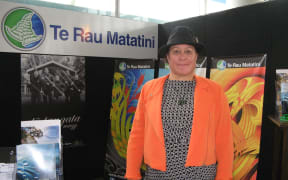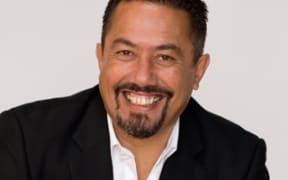Leaders in mental health from around the world are in Rotorua to discuss how to reduce suicide rates among indigenous peoples.
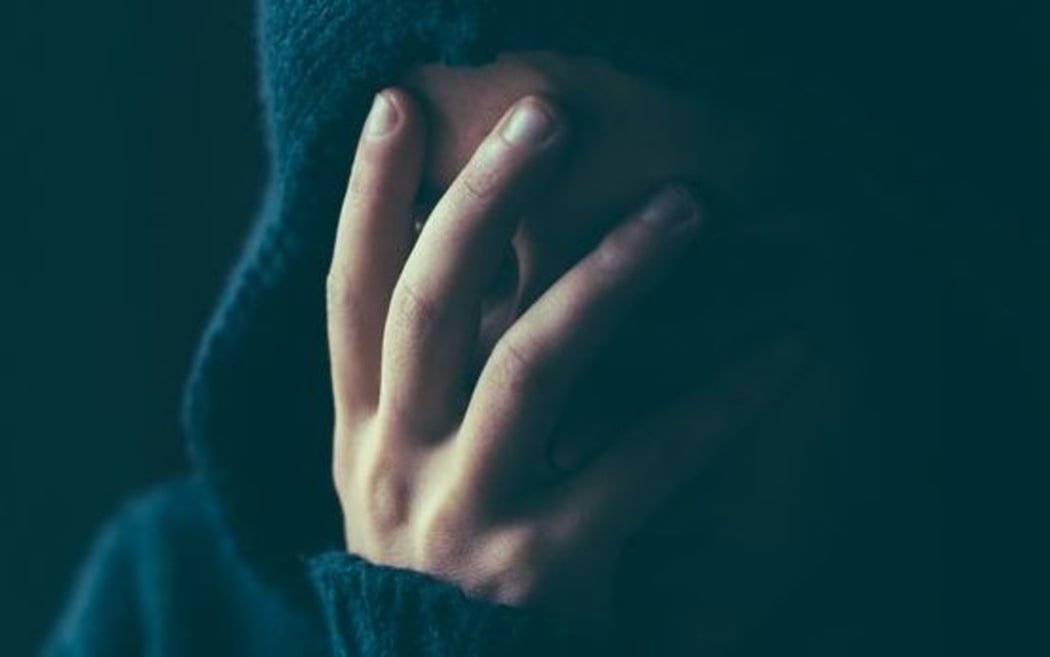
Photo: 123RF
Suicide rates for Māori are two-and-a-half times more than for non-Maori, but New Zealand's tāngata whenua are not alone, with indigenous populations the world over suffering from high rates.
Ngāti Pikiao, a tribe in Rotorua, has taken matters into its own hands and brought together experts for three days in the first World Indigenous Suicide Prevention Conference and youth summit.
It's the first time leaders in the field have converged to discuss ways of dealing with an issue that plagues indigenous societies.
A common theme of being connected to one's culture and spirituality has emerged as key to suicide prevention.
A Māori suicide prevention coordinator for the Lakes District Health Board, and project leader for Kia Piki Te Ora, Michael Naera said Ngāti Pikiao saw too many of its own dying and that was the catalyst for the hui.
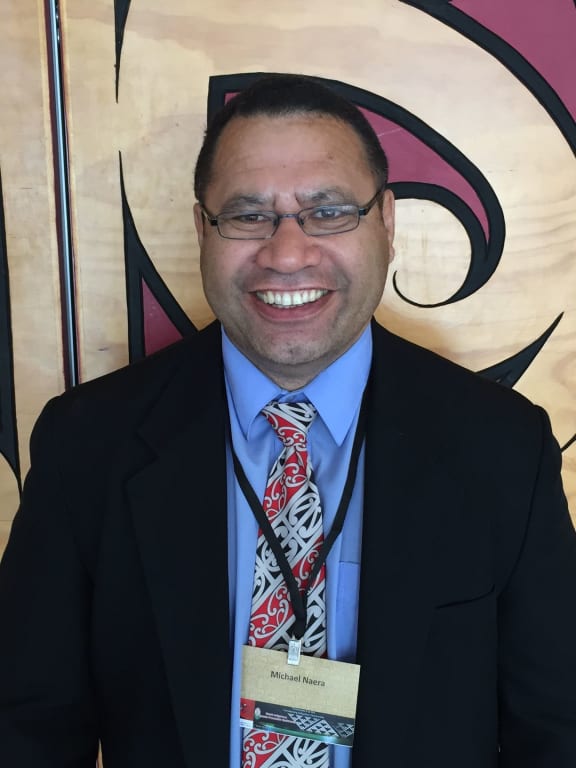
Māori suicide prevention coordinator Michael Naera Photo: Supplied
"Ngāti Pikiao, in particular from the year 2000, we had six young people take their lives and then after that we had a few more young people take their lives, and so our elders said to us 'we need to change this, who is going to take over our role when we pass on?'"
Mr Naera said the iwi would use what was learned from the conference to continue combating the problem.
"We know, as Māori, that the deficit that's affecting us at the moment is the drugs and alcohol and mental health disorders and so forth which negatively impact on Māori, but we also know that things like kapa haka and song and karakia (prayer) they also help in preventing suicide as well, alongside all the Whānau Ora projects that we have."
William "Hawk" Birdshead is reknowned for his work in culturally and spiritually supporting those of his Native American people who are feeling lost.
He said 2009 to 2011 were the worst years on reservations for suicide.
"In our county alone, which is has over 64,000 people, it was statistically the worse in the country. We were experiencing a suicide every single week and that was occurring nearly for almost six months straight, kids were killing themselves, a death every single week, a funeral every single week."
Mr Birdshead said thwarting suicide was helped by having a spiritual and cultural sense of self, and being connected.
He said supporting people to find their spiritual base had led to a drop in the number of people taking their own lives.
"That's something we were working towards combating, and reawakening our people to lift that veil and open your eyes and 'this is who you are, this is where you come from, now let's begin this healing journey and then you can go and help people wherever it is you are led to go by your spirit'."
Paora Te Hurihanganui of Te Papa Tākaro o Te Arawa, a health and sports trust in Rotorua, said oriori, or lullabies and traditional song, were a way to reconnect with the past.
"Through this oriori it's about promoting the ideas and the values and the beliefs about race advancement. If we allow our young to be taught this and to be indoctrinated to this and this be a focus of their mindset then hopefully they won't stray over to even considering suicide as an option because they will have founding principles already infused into their individual and collective DNAs."
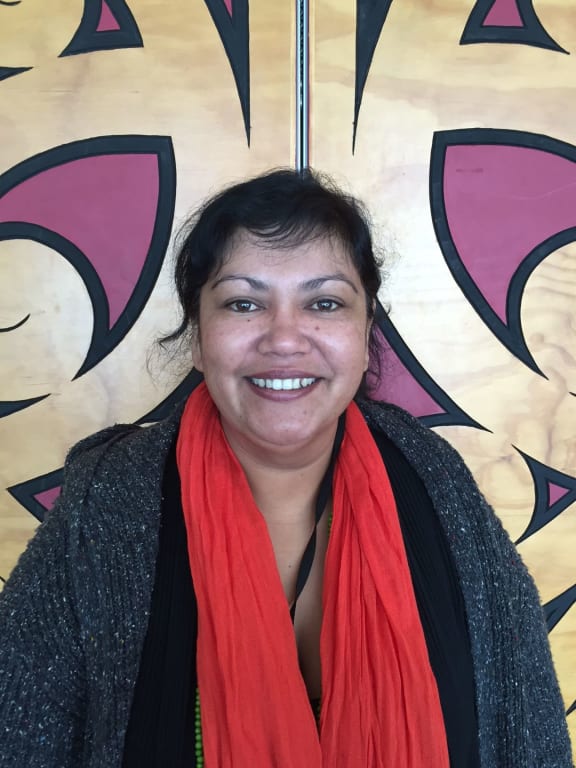
Adele Cox works as a consultant on state and national indigenous suicide prevention projects in Western Australia. Photo: Supplied
Adele Cox is a Bunuba and Gija woman from the Kimberley region of Western Australia and works as a consultant on state and national indigenous suicide prevention projects.
Ms Cox said indigenous suicide rates in some regions, such as the Northern Territory, were 10 to 20 times that of non-indigenous Australians.
However, she said communities were now responding to the individualised approach, taken as part of the National Empowerment project.
"It's a very upstream, community capacity building type programme, which actually looks at enabling and supporting communities to themselves as individuals as families and communities as a whole, get the tools and the resources that they need to be empowered to actually respond and address the very high suicide rates we have in Australia."
Neihana Mackey-Harrison is a youth worker with Real, an organisation supporting rangatahi in Rotorua.
He said he had suffered from depression and anxiety, but now used his experience to help rangatahi.
Mr Mackey-Harrison said one of the keys to prevention was encouraging young people to go back to the basics and take ownership.
"Healthy eating, sleeping, relationships, doing a lot of stuff they enjoy. Going back to the basics, if that's kicking back with your best friend do it, if that's sitting in your room listening to music that inspires you and helps you feel better, doing that.
"Just encouraging them to do what they do naturally to be happy is a key component of their prevention, really putting back into their court and saying 'actually you've got all the tools you need to keep yourself happy and safe, all we need to do is identify them'."
Watching young people grow and have a passion for life again was very rewarding, he said, with those that had received help becoming part of the community's prevention team without even realising it, he said.
"For example, it brings it home for me, seeing them happy again and out performing in their kapa haka group which they haven't done for years because of how they were feeling at the time."
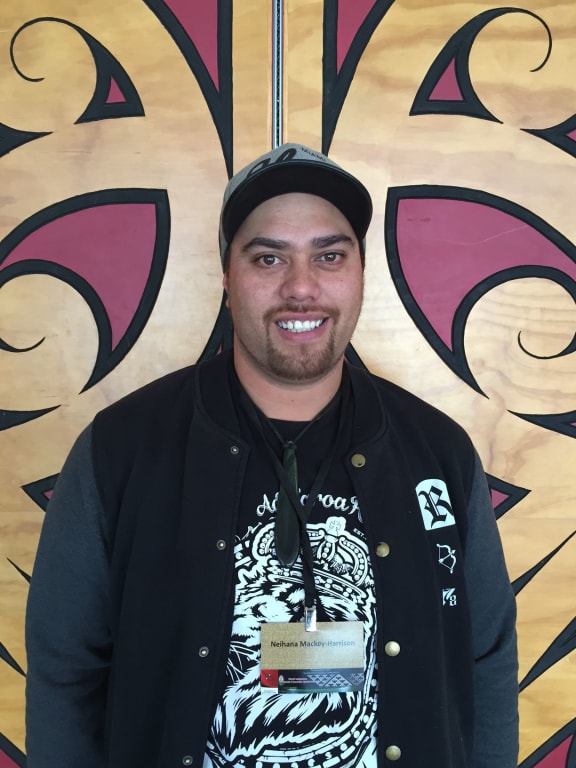
Youth worker Neihana Mackey-Harrison Photo: Supplied
Strengthening their identity could also give them hope, said Mr Mackey-Harrison.
"Where they come from gives them a spark of hope. Young people these days they lose connection with their marae, their whakapapa, so re-engaging them with that by saying 'this is where you're from, you see that big beautiful mountain over there? That's your mountain. You see this river that runs? That's your awa. This is where you belong, this is your tūrangawaewae, this is where you can call home, this is where your tūpuna fought for you to be here today. You do have a place you belong, and it's right here on your marae'.
"Reach for the stars and don't be afraid to reach out and ask for help."
If you need to talk to someone about your own mental health, try these helplines. If it is an emergency, call 111.
Lifeline - 0800 543 354 or (09) 5222 999 within Auckland
Depression Helpline - 0800 111 757
Healthline - 0800 611 116
Samaritans - 0800 726 666 (for callers from the Lower North Island, Christchurch and West Coast) or 0800 211 211 / (04) 473 9739 (for callers from all other regions)
Suicide Crisis Helpline (aimed at those in distress, or those who are concerned about the wellbeing of someone else) - 0508 828 865 (0508 TAUTOKO)
Youthline - 0800 376 633, free text 234 or email talk@youthline.co.nz
